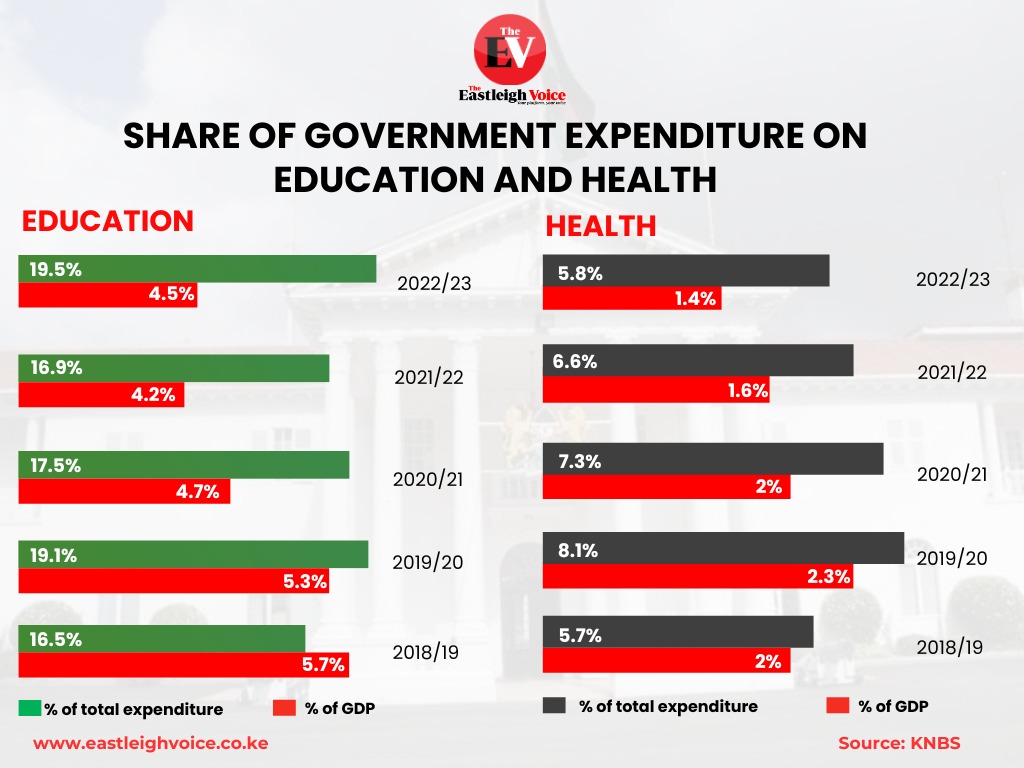Explainer: Senator Wambua on new bill proposing Sh1m fine for ndengu farmers

The Mung Beans Bill, 2022, was officially published on December 30, 2022, and was read for the First Time in the Senate on February 15, 2023.
Following reports that a new bill currently before the senate is proposing a Sh1 million fine for Ndengu large-scale traders, Kitui Senator Enoch Wambua has come out to clarify. The following is his explanation of the contentious bill:
"It has come to my attention that misleading information is being circulated in the press and social media regarding the Mung Beans Bill, 2022, sponsored by Senator Enoch Wambua.
More To Read
Specifically, some reports incorrectly claim that Kenyans in general will need to obtain a license to grow mung beans if the Bill is passed. This is a misrepresentation of the Bill's intentions and provisions.
The Mung Beans Bill, 2022, was officially published on December 30, 2022, and was read for the First Time in the Senate on February 15, 2023. Contrary to some reports, the Bill is no longer in the Senate; it was passed in the Senate and referred to the National Assembly on February 21, 2024. The Bill aims to provide a framework for the regulation and promotion of the mung bean industry in Kenya.
𝐊𝐞𝐲 𝐂𝐥𝐚𝐫𝐢𝐟𝐢𝐜𝐚𝐭𝐢𝐨𝐧𝐬:
1. 𝑅𝑒𝑔𝑖𝑠𝑡𝑟𝑎𝑡𝑖𝑜𝑛 𝑣𝑠. 𝐿𝑖𝑐𝑒𝑛𝑠𝑖𝑛𝑔
Registration: The Bill requires small and medium-sized mung bean farmers to register with the relevant County Executive Committee (CEC) member. This is a common practice already in place for other crops such as tea and coffee. The primary purpose of this registration, as outlined in Clause 8 (2) of the Bill, is to allow the government to:
- Maintain a register of all mung bean growers;
- Record the location, size, and variety of mung beans grown; and
- Assess the potential crop capacity within counties and the country.
Licensing: Licensing is specifically required only for persons or entities that intend to market, process, or engage in large-scale trading of mung beans and related products. This is clearly provided for in Clause 9 (1) of the Bill.
2. 𝑃𝑢𝑟𝑝𝑜𝑠𝑒 𝑜𝑓 𝑡ℎ𝑒 𝑅𝑒𝑔𝑖𝑠𝑡𝑟𝑎𝑡𝑖𝑜𝑛
The registration of small and medium-sized mung bean growers is intended to help the government better understand and promote the development of the mung bean industry. This data is crucial for strategising how to make Kenya’s mung bean industry competitive on an international level.
The Bill seeks to facilitate and develop a framework that will regulate and promote the mung bean industry in Kenya, ensuring that it thrives both locally and internationally. The registration process is a step towards achieving these goals, not a punitive measure against farmers.
I urge the public and the press to refer to the actual text of the Mung Beans Bill, 2022, to avoid spreading misinformation. The Bill does not impose a license requirement for growing mung beans; it only requires registration for small and medium-sized farmers, similar to other regulated crops. The licensing provisions are solely for commercial activities such as processing and large-scale trading.
Top Stories Today
















































